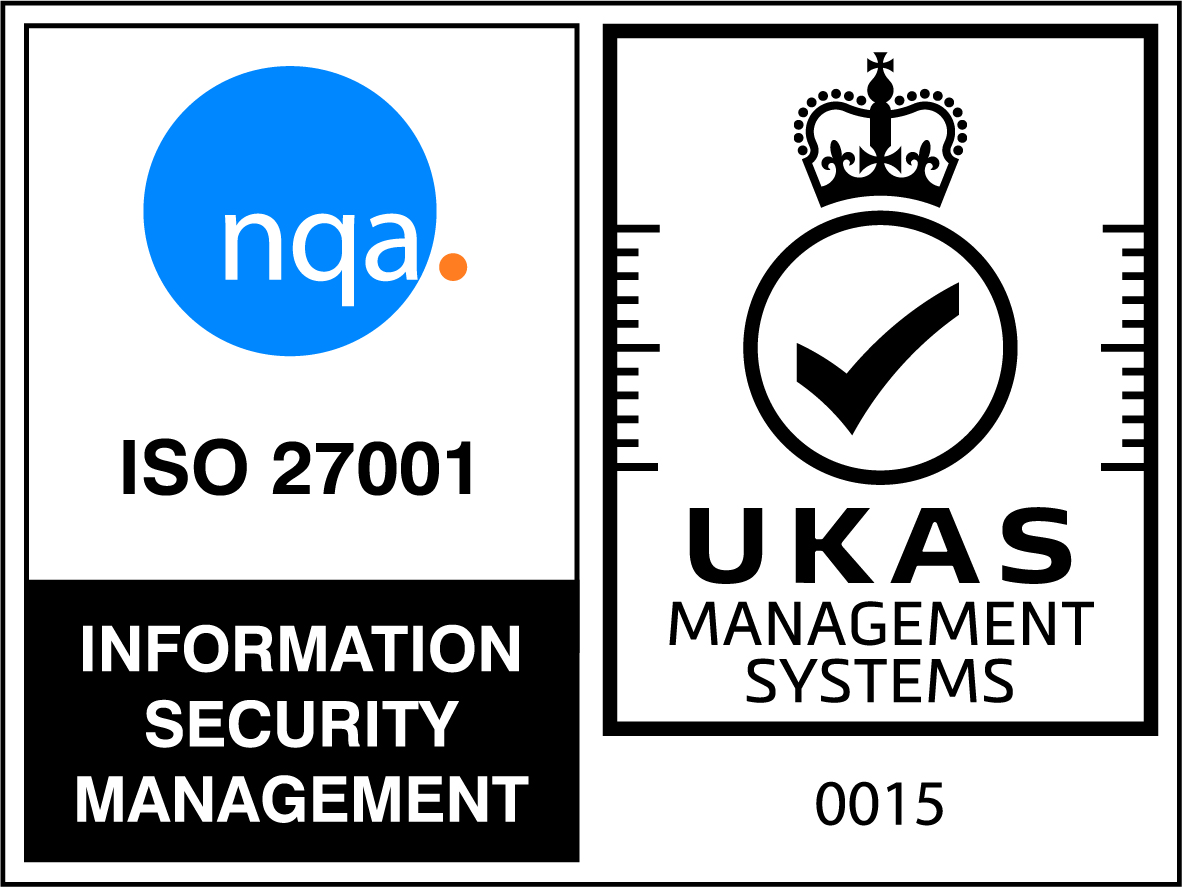
Creating a Fair Playing Field for Top Tech Talent
We've all heard the term "unconscious bias," but when it comes to a job interview, its impact can be significant. Hiring managers, even the most experienced, can fall prey to these hidden assumptions, unintentionally disadvantaging brilliant candidates. The good news? By recognising these biases and implementing practical strategies, we can create a fairer playing field for top technology talent.
Let's explore some common types of unconscious bias and how to mitigate them:
Affinity bias
Sometimes also called similarity bias, affinity bias is the tendency people have to connect with others who share similar interests, experiences and backgrounds. Culture fit can easily slip into this area of bias. Hiring teams often just ‘know’ that someone will fit in with the team.
Whilst this is not necessarily a bad thing, if everyone has the same ideas, background or interests the team will not diversify as it grows. If your organisation recruits on values, bear in mind that they are beliefs and positive behaviours which you might look for, and are not the same thing as, for example, whether someone enjoys going to the gym before work.
One way to avoid this is to make sure your job description includes required skills and experience, and using in depth notes from the interview to identify the attributes that may be clouding your judgement. Think about the concrete skills and unique experiences that would add to your culture rather than just repeat it.
Confirmation bias
Confirmation bias is the tendency to focus on information that confirms our pre-existing beliefs. For example, if you believe a particular university produces strong developers, you might unconsciously overemphasise their qualifications.
In a job interview, this type of bias can creep in when someone makes a snap judgement based on a name, where the candidate went to school or where they live.
Name bias is one of the most pervasive examples of unconscious bias in the recruitment process. In the UK, research by Nuffield showed that British citizens from ethnic minority backgrounds have to send 60% more job applications to get a positive response from employers than their white counterparts, when the only thing different on their CV is their name. In an industry as globalised as technology and change, this can be a significant drawback.
A structured interview format with pre-defined questions helps keep everyone on the same page.
Attribution bias
It’s human nature to jump to conclusions about a candidate based on limited information. Did a candidate struggle to answer a question? Perhaps they were nervous, not incompetent. Ask follow-up questions to clarify and assess their problem-solving approach.
Conformity bias or peer pressure
When an interview panel review the candidates they’ve spoken to, one person’s view may differ from the rest. Just because everyone else may think in a certain way doesn’t mean they are right though and you shouldn’t automatically concede to the majority.
One way to avoid this is to have everyone write down and submit their thoughts on the candidate before getting together so that you can hear their impartial opinions.
The Halo effect
This is when people are impressed by something they have heard and then put that person on a pedestal to the point where their skills and attributes are partially ignored. The excitingly-named Horn effect is the opposite – writing a person off because you take against one thing they said.
A scoring system can help mitigate this effect.
Ageism & sexism
Even though experience and skills are so important, people entering their 50s and women regularly report being overlooked for new positions. This is particularly noticeable in technology and change, where men are traditionally over-represented and Generation X and Baby Boomers are perceived to be at a disadvantage because they did not grow up as digital natives.
Training and an overt commitment to diversity can help remove these biases.
By acknowledging unconscious bias and taking proactive steps to address it, we can create a more inclusive interview process that attracts and identifies the best talent, regardless of background. Remember, the goal is to find the most qualified person for the job, and by mitigating bias, everyone has a fair shot at showcasing their abilities.
Share this Article
You may also be interested in
View All
View All

William Alexander retains ISO 27001 status

Deepening our relationship with Bramber Bakehouse
